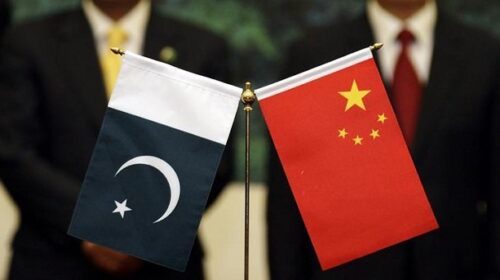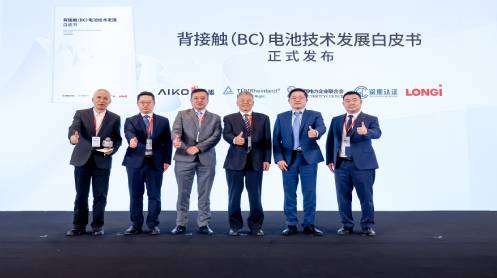The government had to relax contractual conditions and shift about Rs50 billion worth of budgetary allocations for electricity subsidies to an escrow account for automatic partial payments to Chinese Independent Power Producers (IPPs) to pacify M/s Sinosure, a Chinese insurance company, into facilitating future projects in Pakistan.
This was one of the key outstanding issues hampering the signing of new power projects as Sinosure had been reluctant for quite some time to provide insurance cover to Chinese investment in Pakistan. At least two major hydropower projects in Azad Kashmir with a combined capacity of about 2,000MW had been delayed for at least two years because of Chinese unease.
Over the past two weeks, the ministries of planning, foreign office, finance and power had been engaged with the Chinese side in hectic consultations to “resolve pending matters related to IPPs under CPEC”, particularly those relating to the expedited settlement of delayed payments before Prime Minister Shehbaz Sharif’s ongoing visit to Beijing, sources in Power Division said.
At a meeting on Oct 26, organised by power and finance divisions, Sinosure emphatically expressed its inability to provide future insurance without “early resolution of Revolving Account Agreement (RAA) pending between Central Power Purchasing Agency (CPPA) and Chinese IPPs since 2017”.
Under the CPEC Energy Project Cooperation Agreement for the development of power projects under CPEC framework signed on Nov 8, 2014, the CPPA and Chinese IPPs had agreed on terms of RAA for automatic payment of at least 22pc payables to IPPs directly through the recovery of electricity bills of distribution companies (Discos).
“However, due to various technical and financial constraints, RAA could not be implemented” over the past five years, the Power Division said explaining that lately a summary was moved on May 30 for approval of the government to operationalise the account but in vain. This continued to be agitated by the Chinese investors and government agencies through the defunct CPEC authority and the foreign affairs ministry.
On Oct 31, the Ministry of Finance came up with an interim arrangement for the Power Division to open “an assignment under the title of Pakistan Energy Revolving Fund (PERF) till such time matters pertaining to RAA are resolved”. The account would be opened at the National Bank of Pakistan and operated by the CPPA and Rs50bn allocation from the finance ministry’s subsidy account would stand shifted to the new account — PERF — with a monthly limit of Rs4bn on withdrawal of such account. This “will not fully fulfill the revolving account requirements under the RAA, but it will provide additional comfort to Chinese IPPs”.
Secondly, the CPPA’s board of directors approved early last month amendments to the power purchase agreement (PPA) of 1,320MW Shanghai Electric’s Thar Coal project as high-level contacts had desired that the “Power Division should ensure financial closure” since the project was 90pc complete.
Among the ‘prioritised projects’ under CPEC framework, the project was originally subject to the normal policy regime of the 2015 power generation policy and all of the rights, incentives and obligations accruing under the letter of support were to become effective on the declaration of financial close — meaning the availability of loans for drawdown. On October 6, 2022, Shanghai Electric reported that it was unable to achieve financial close due to unforeseen events and reasons beyond its control and thus non-availability of Sinosure and resultant lenders’ approvals.
However, in the interest of expediency, the project sponsors started project implementation through their own equity and achieved 90pc completion by investing about $2bn in project development and coal mining and promised commercial operation date (COD) by end of December 2022.







